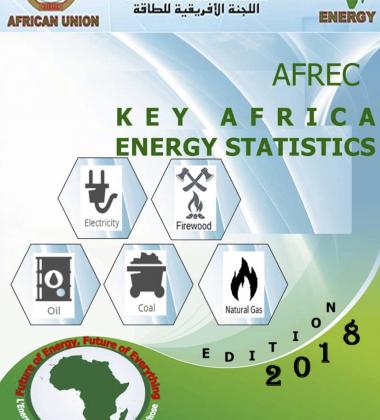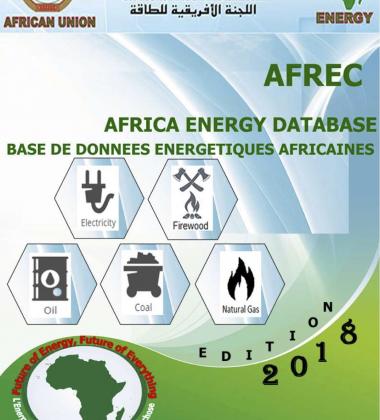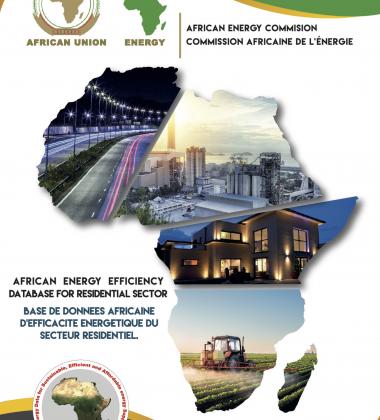African Energy Sector Transition
1. Introduction:
Energy for development as vision of AFREC is a vision to accelerate the African Energy Transition and transformation required in the continent to foster jointly economic growth, wealth creation, poverty eradication, and inequality reduction in a sustainable climate compatible development manner. The vision is instrumental in in the achievement of the Agenda 2063, the Agenda 2030 for Sustainable Development Goals, and the implementation of the Paris Agreement in the context of national development agenda in a synergetic mode that maximize co-benefits.
The African Energy Sector Transition program by the AFREC is motivated by the imperative to transform the African energy sector taking into consideration the specific and diverse circumstances of the continent in consistent with the Africa Agenda 2063, the United Nations 2030 Sustainable Development Goals, and the Paris Agreement goal.
Currently the African countries are responsible for very low emission of global CO2 emission levels (4%), but are expected to pursue the development aspirations which, if not consider the climate constraint, could lead Africa to become emitters of substantial emissions in the coming decades and therefore to threaten the achievement of the global climate objective and hence compromise their aspirations to reach sustainable development objectives.
The African countries have the legitimate priority to satisfy the essential needs of socio-economic development and, particular, the eradication of poverty by reconciling the achievement of very low greenhouse gas emissions and the satisfaction of key objectives for the well-being of the African populations.
In short, the African Energy Transition Programme is aiming to provide answers for the fundamental question for the African nations is how to align the imperatives of development aspirations, achievements of Africa Agenda 2063 and SDGs, and climate change policies, by maximizing the synergies while minimizing trade-offs.
2. Programme Description:
The African Energy Sector Transition analytical and engagement dimensions is inspire by the international “Deep Decarbonization Pathways (DDP)” initiative. This initiative, coordinated by the Paris-based Institut du Développement Durable et des Relations Internationales (IDDRI) since 2014, is active today in around 40 countries where it supports the deployment of in-country capacities to elaborate context-driven strategies articulating development, sustainability and climate objectives. This initiative is based on a set of concrete principles:
- In a given geography, the project is led by a group of local experts, who are free to choose their assumptions and methods to develop their analysis and conduct the engagement with local decision makers;
- Analytical models can be used (and developed if necessary within the project) to support the analysis, but the teams are free to choose their analytical tools to build their strategy;
- Analyses are grounded in an explicit accounting of the key specific characteristics of the geography considered, in terms of challenges, opportunities, potentials and objectives;
- The analyses take a long-term perspective, typically 2040, as a basis to inform robust short-term decisions in a context of uncertainty;
- Results are shared transparently to enable knowledge sharing and comparability and to facilitate engagement.
3. Objectives of the Programme:
The African Energy Sector Transition will carry out “Deep Decarbonization Pathways (DDP)” as first ever action-oriented undertaken in Africa as a whole apart South Africa.
It aims to provide a clear understanding of transformations of the energy system needed in the short, medium and long to achieve these intertwined targets in the specific prevailing conditions in Africa. It will identify frameworks and show how they can support the development of sectoral and technological detailed, policy-relevant and country-driven strategies consistent with the national development agenda and the Paris Agreement goal. This information will notably help reveal the key enablers of the Transition needed and inform concretely decision-making.
4. Recommendation:
Support the implementation of the programme and urge the African union, African Energy Commission (AFREC), Regional institutions and Member States to allocated the required resources for implementation
Key Resources
- August 20, 2012
- April 01, 2012
- February 01, 2012
- November 01, 2011
- October 01, 2011
- July 01, 2011
- April 01, 2011
- January 01, 2011







